

The Medical Marijuana Card Is Not That Difficult To Acquire!
It’s hard to believe that just ten years ago, getting a medical marijuana card in Canada felt nearly impossible. Few doctors were willing to authorize cannabis, and the process was filled with stigma and uncertainty. Back in the early days of the MMAR and MMPR systems, only a small number of healthcare professionals across Canada were confident enough to issue medical cannabis authorizations. Many family doctors lacked training or worried about professional risk, so patients were often left to navigate confusing rules on their own.
Today, everything has changed. Health Canada’s most recent data shows that hundreds of thousands of Canadians are now registered to access cannabis for medical purposes under the Cannabis Act. There are no restrictions on the conditions for which a practitioner can authorize cannabis, meaning patients can now explore medical cannabis for chronic pain, anxiety, arthritis, insomnia, PTSD, and more. What once took months of waiting and paperwork can now be done within days through a consultation with a medical cannabis clinic in Toronto or anywhere else in Canada.
Once a doctor authorizes your treatment, you can register with a federally licensed producer (LP) to buy your medicine or apply for a Personal Grow Licence through Health Canada. This licence, regulated under the Access to Cannabis for Medical Purposes Regulations (ACMPR), allows you to grow your own cannabis plants at home for personal medical use. For many, it’s a cost-effective and empowering option that ensures consistent access to quality medicine.
This shift in accessibility has been especially meaningful for veterans. Many who once struggled to find supportive doctors now have help through GrowVets—a dedicated program that provides veterans living with PTSD or chronic pain free assistance with their medical cannabis authorization and grow licence application. What was once an uphill battle has become a guided, compassionate process.
At GrowLegally, we’ve seen firsthand how much progress Canada has made. Our team of cannabis patient educators and licensed practitioners has helped thousands of patients from Toronto to British Columbia gain safe, legal access to medical cannabis through personalized guidance and Health Canada-compliant licensing support.
If you’re ready to explore whether medical cannabis could help improve your quality of life, connect with our team at GrowLegally today. We’ll help you understand the process, get your medical marijuana card, and—if you choose—apply for your Medical Cannabis Grow Licence with confidence and care.
Frequently Asked Questions
1. How do I get a medical marijuana card in Ontario?
You’ll first need a consultation with a licensed healthcare practitioner who can authorize cannabis for medical purposes. Once authorized, you can register with a federally licensed producer (LP) or apply to Health Canada for a personal or designated production licence to grow your own plants.
2. Do I need a referral from my family doctor to get medical cannabis?
No. You don’t need a referral from your family doctor to access medical cannabis in Canada. You can book directly with a medical marijuana clinic in Toronto or another province, where trained cannabis doctors and patient educators will assess your eligibility and guide you through the process.
3. How many cannabis plants can I grow under a medical licence?
The number of cannabis plants you can grow depends on the daily gram amount authorized by your doctor. Health Canada uses this amount to calculate your allowed plant count—typically ranging from 10 to over 100 plants for personal medical use.
4. Can veterans get help with medical cannabis in Canada?
Yes. Through GrowVets, veterans can receive free assistance with medical cannabis authorizations, Health Canada registration, and grow licence applications. Veterans covered under the Blue Cross program may also qualify for reimbursement or coverage of their prescribed medical cannabis through Veterans Affairs Canada. This support helps veterans manage conditions like PTSD and chronic pain through compassionate, federally compliant care.
Previous Post
Next Post

Storing Medical Cannabis – Learn how to properly store your cannabis and keep its potency strong.
Go To Post
Before Acquiring Medical Marijuana, Here Are 2 Questions That Your Doctor Is Likely To Ask You (Plus a Bonus One!)
Go To Post
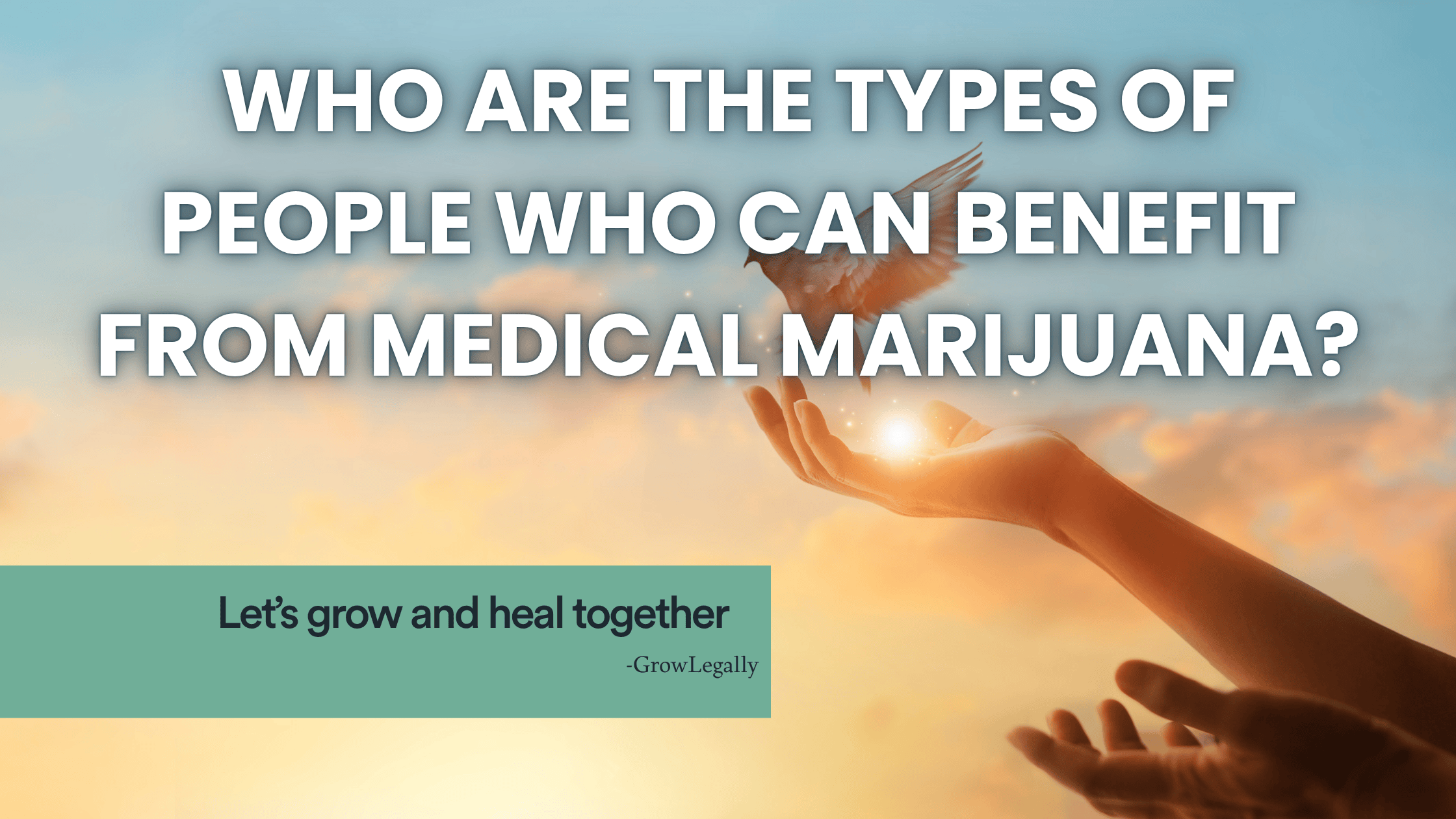
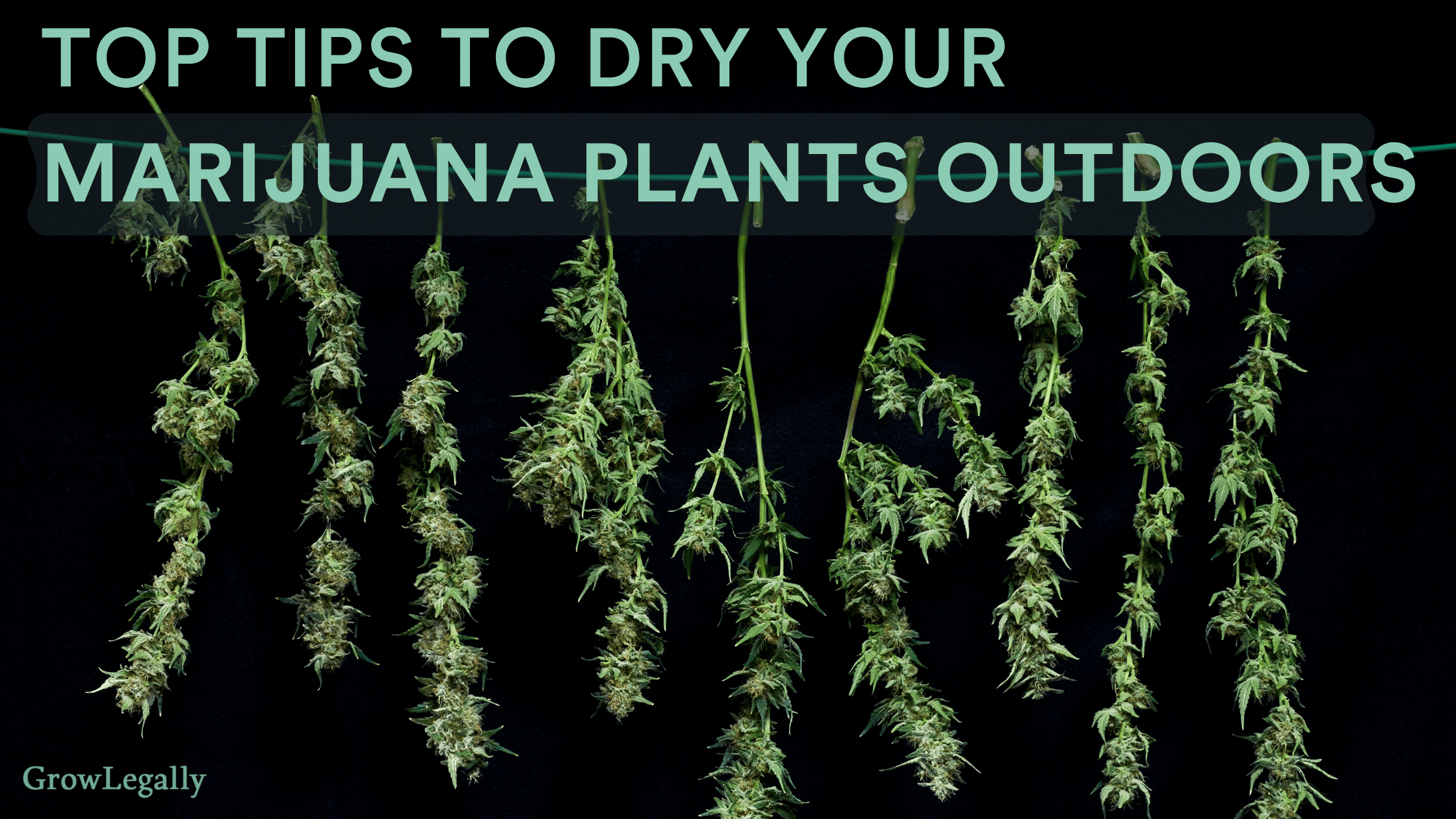

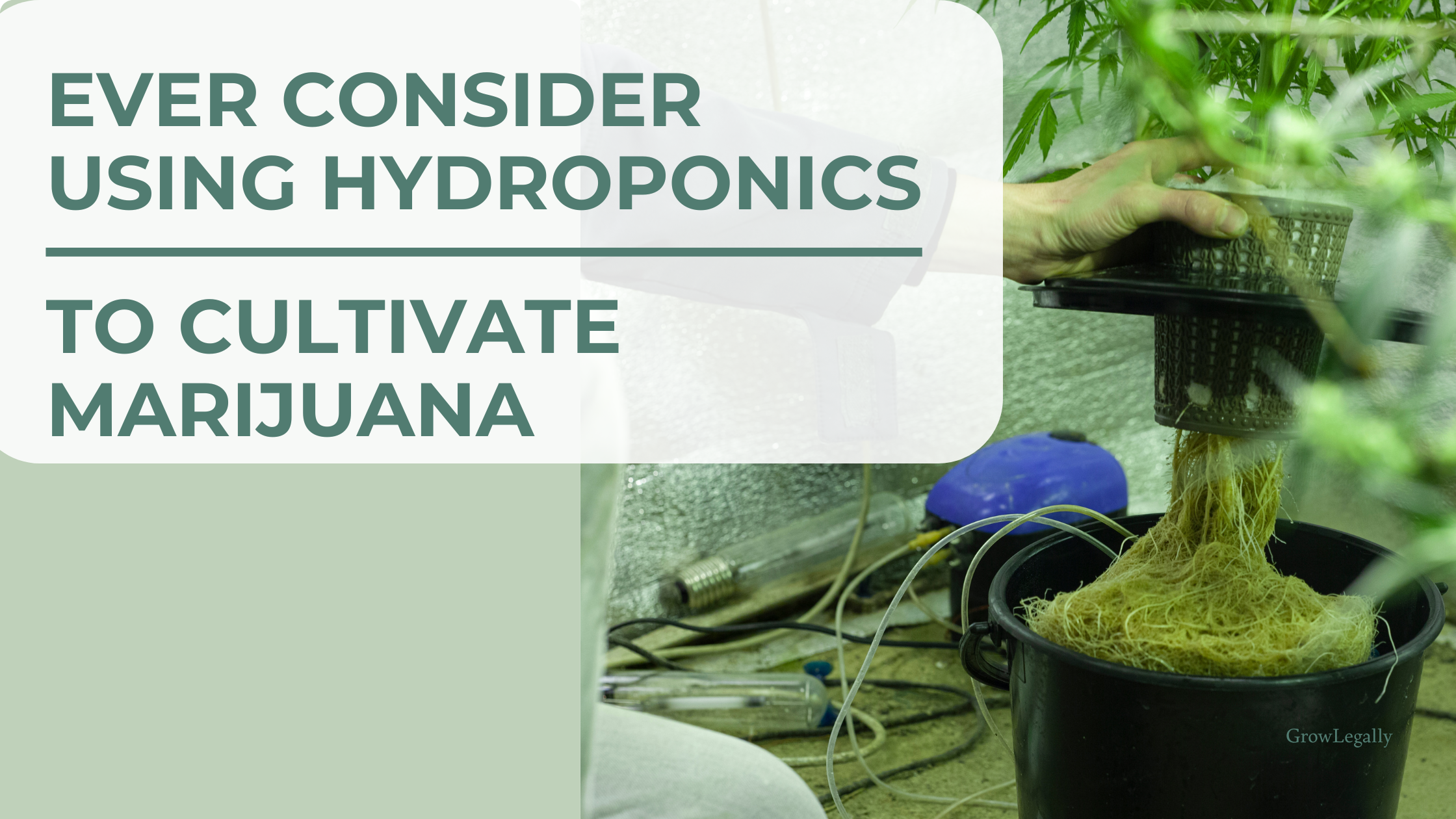
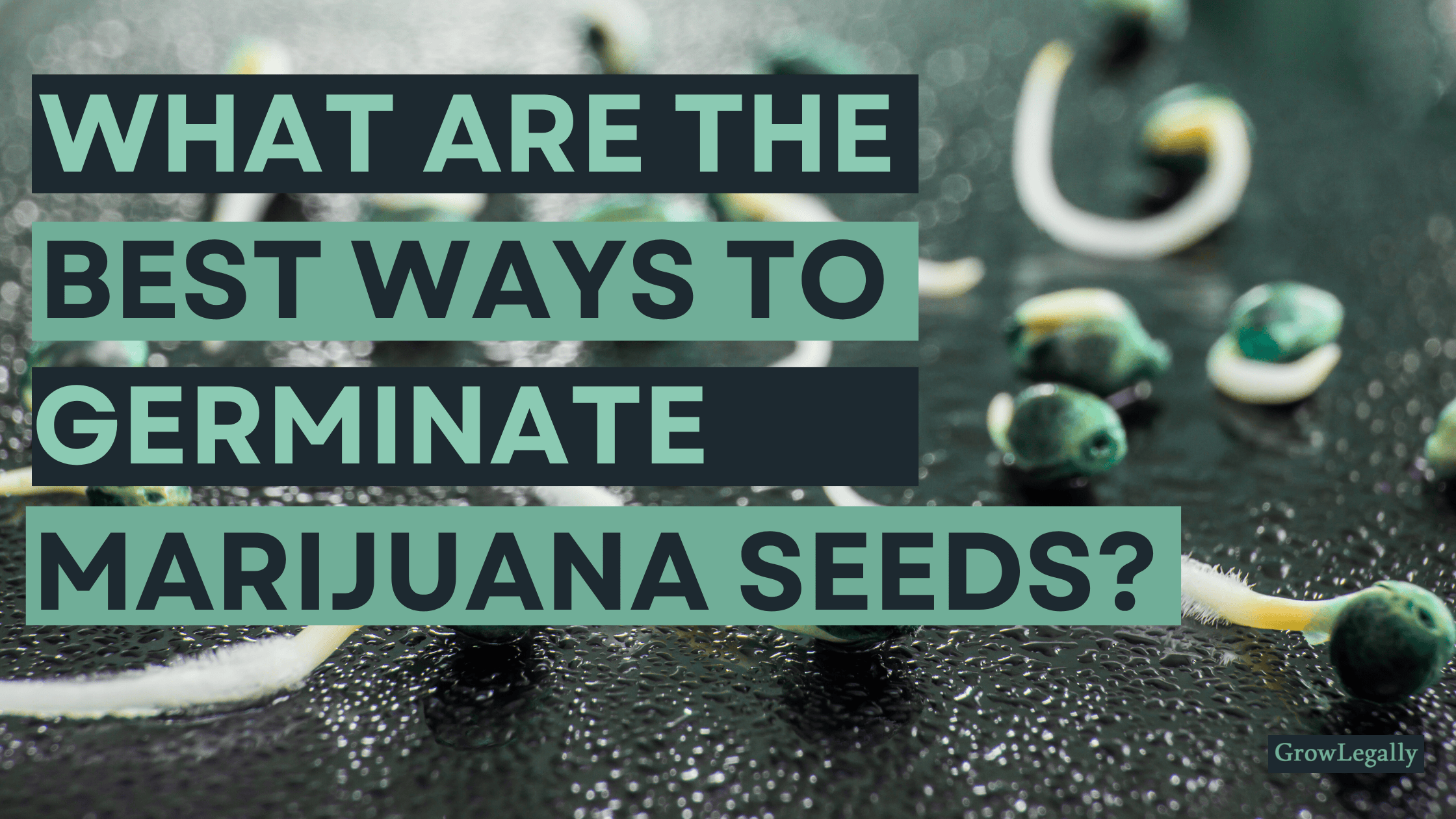
.png)
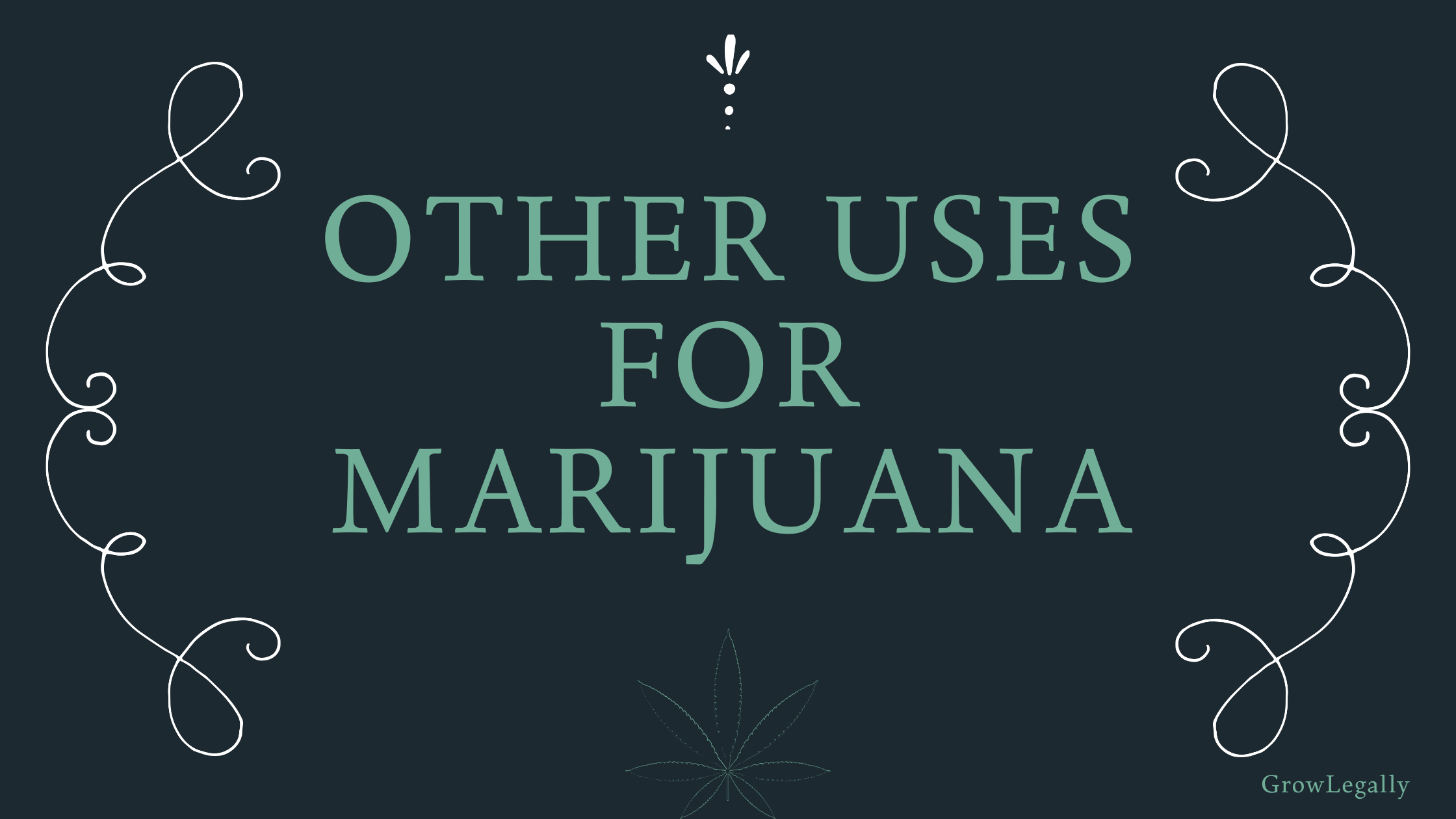

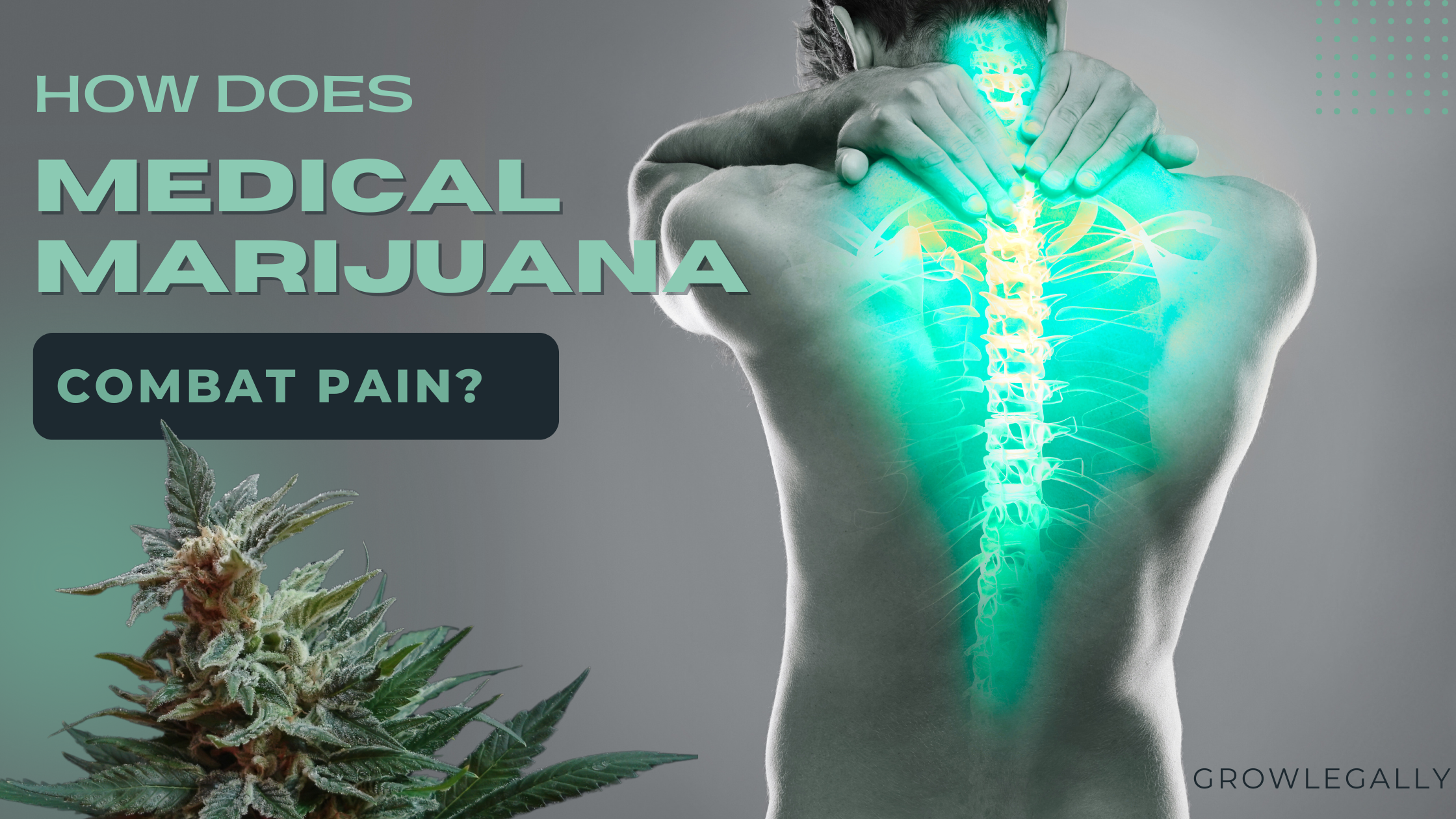
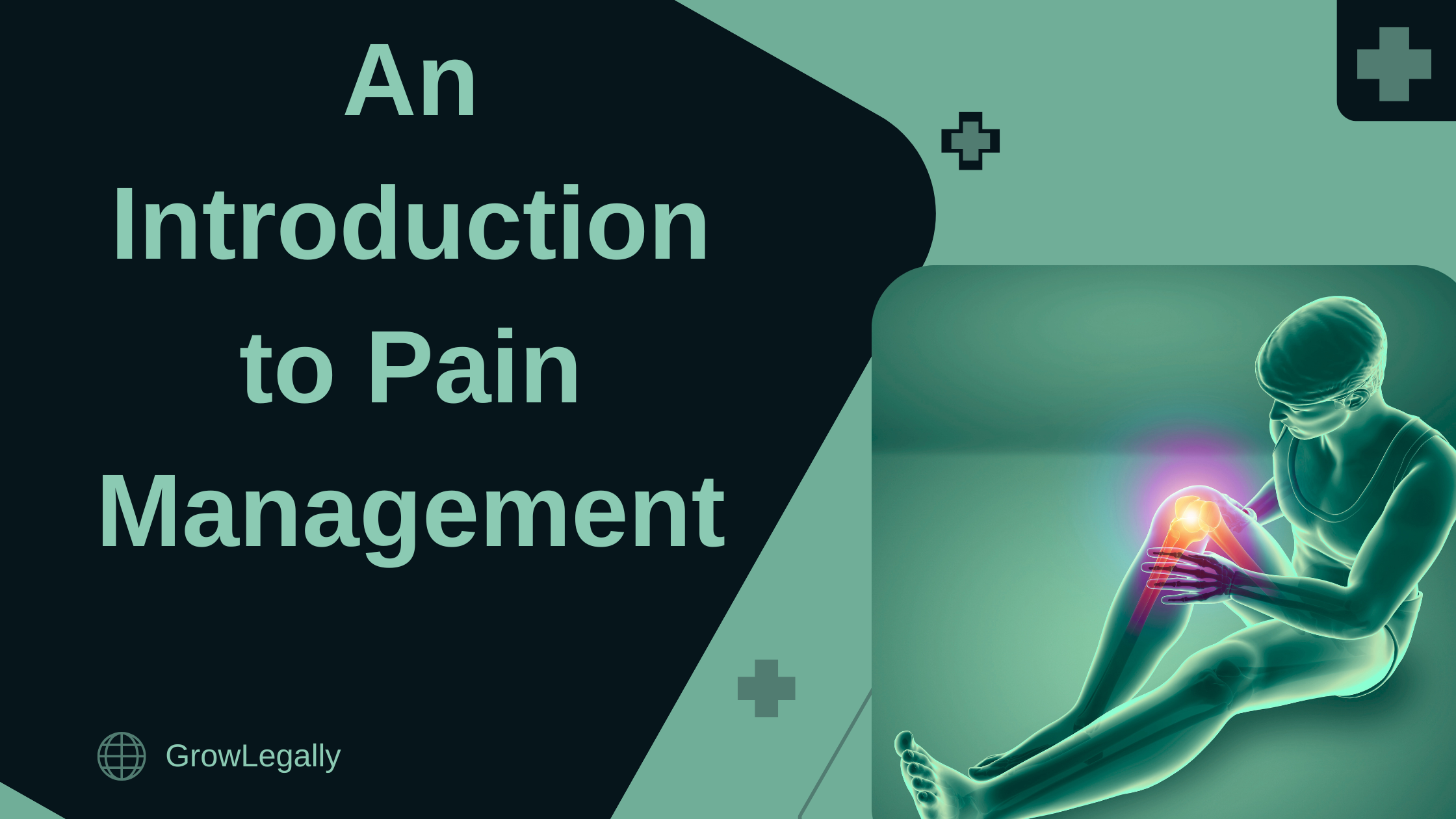

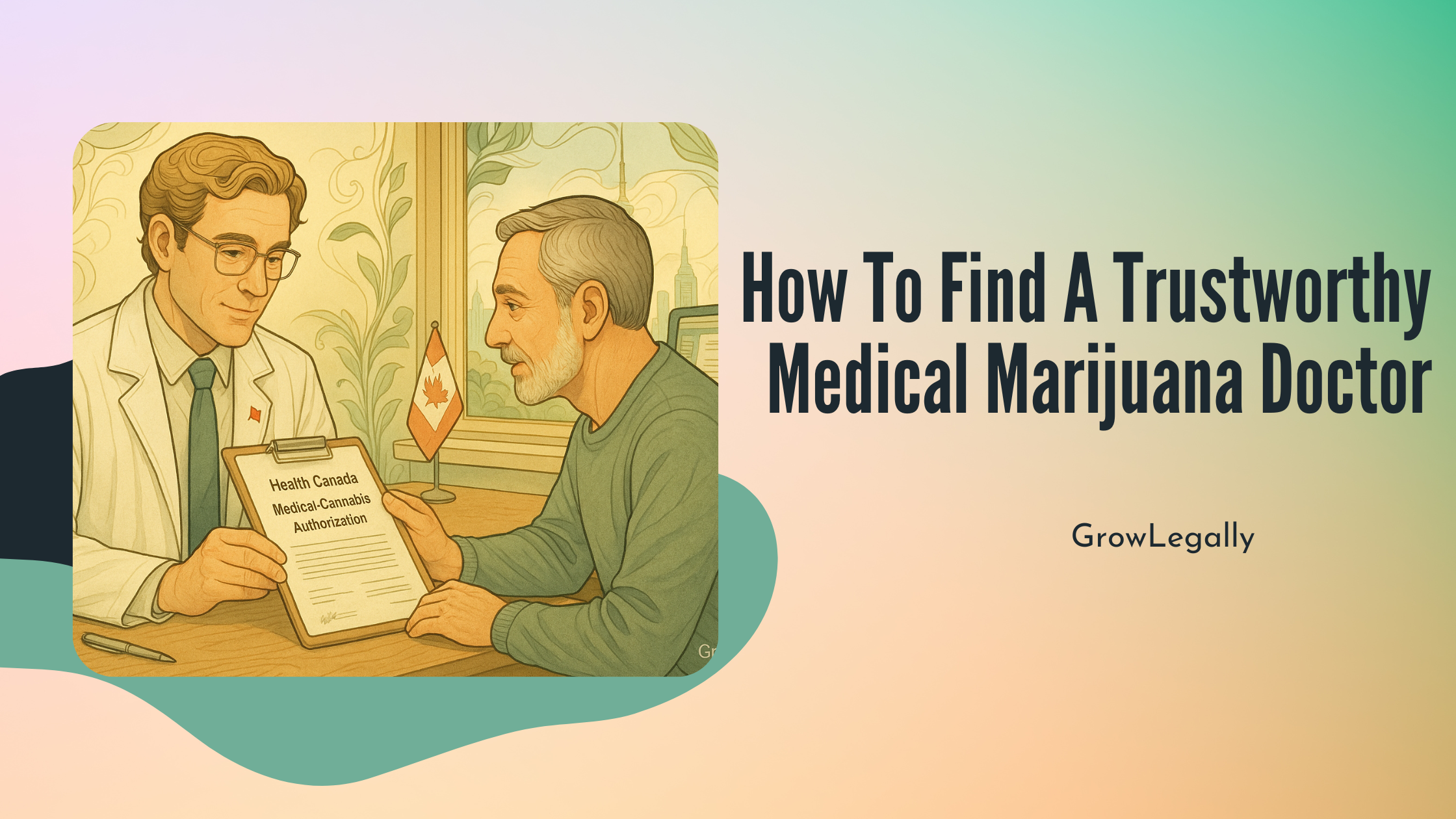
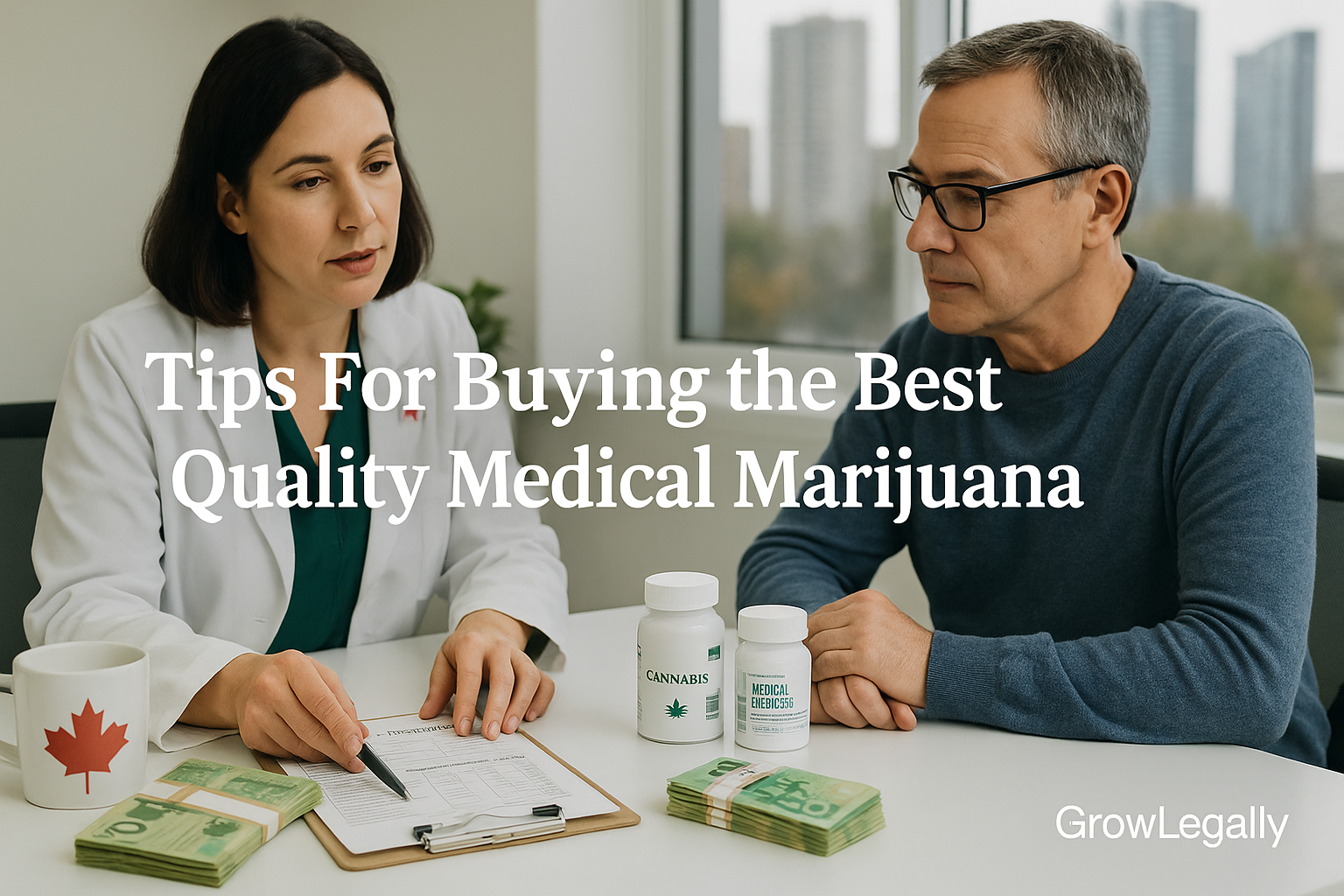
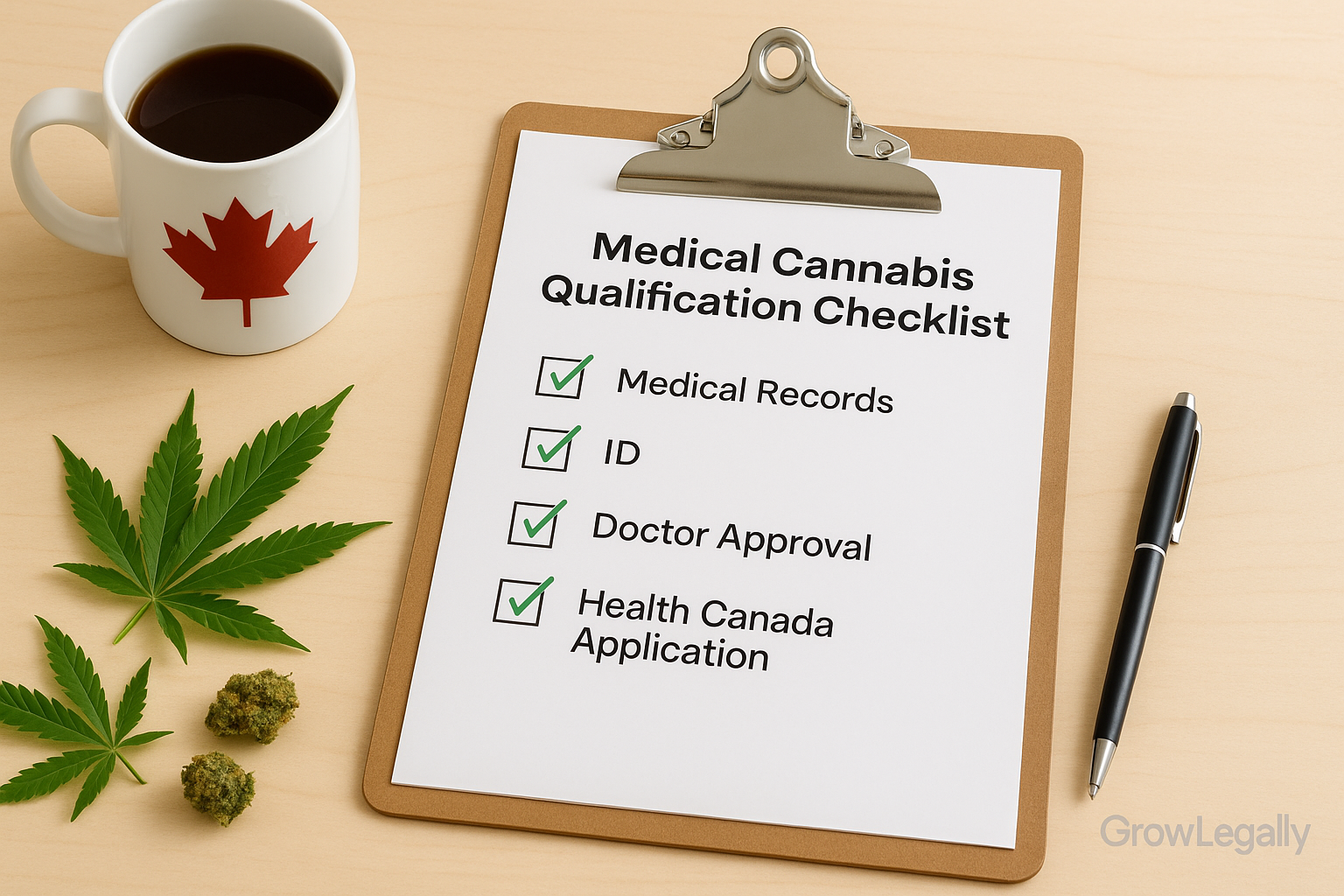
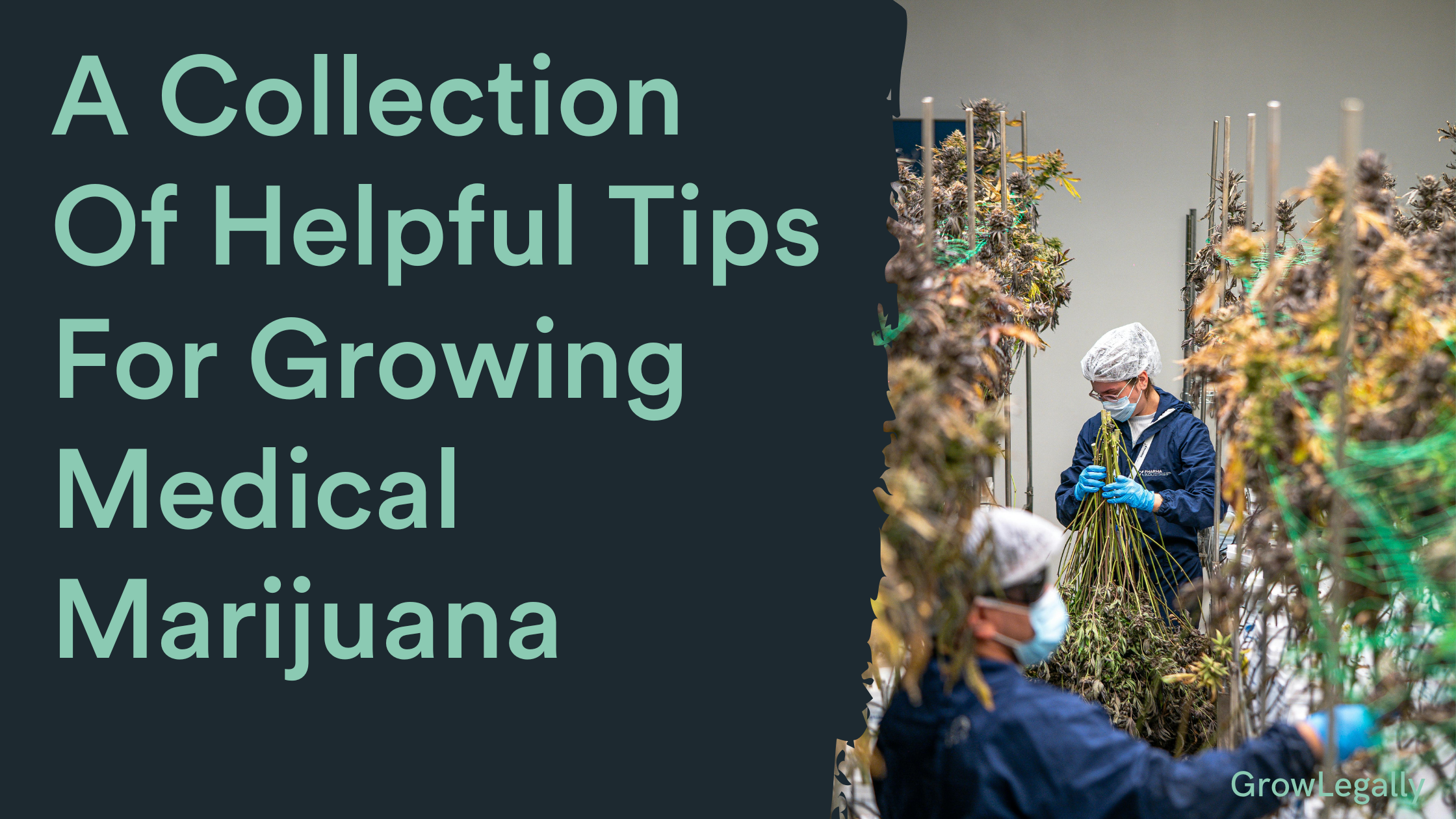
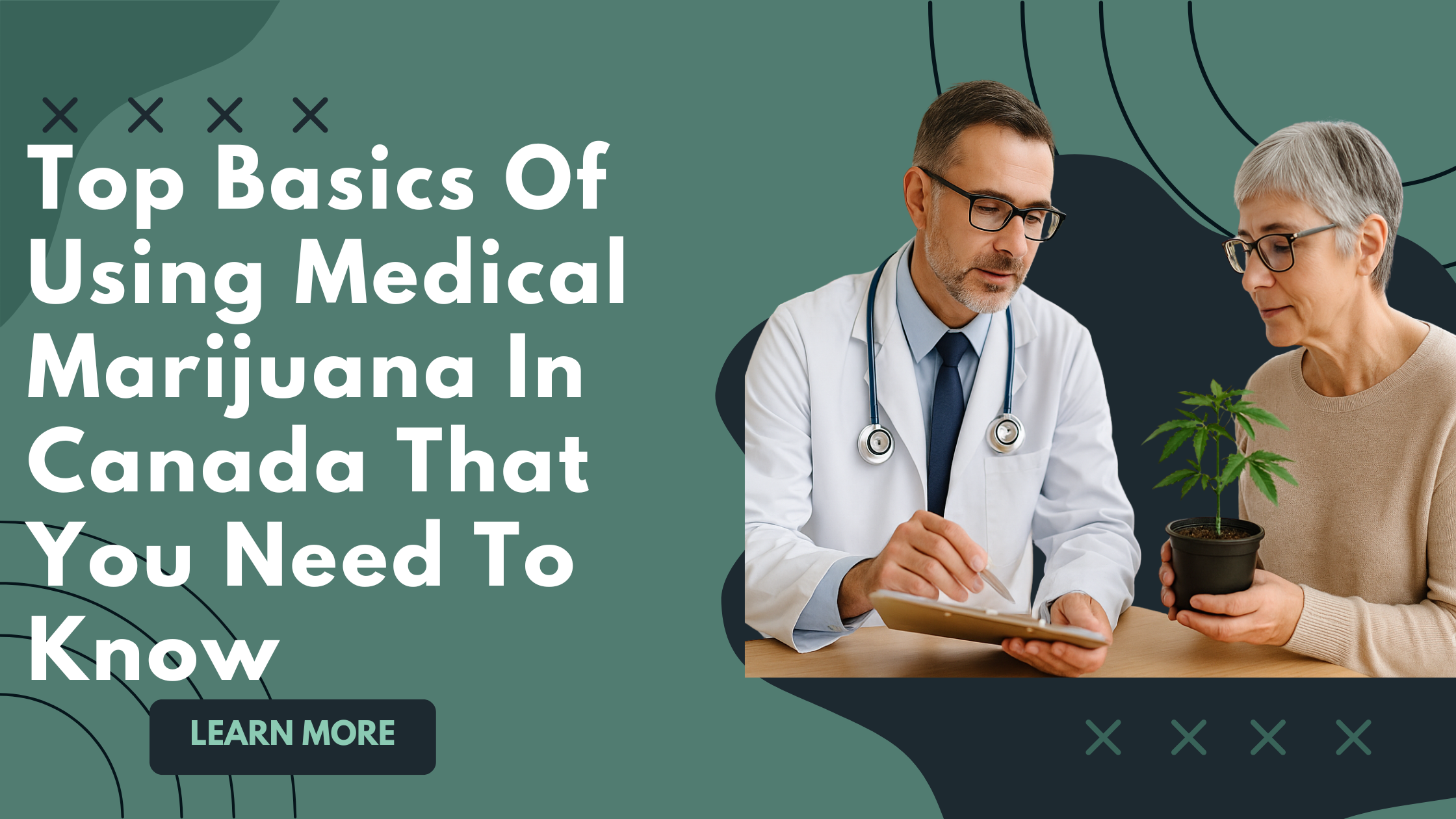
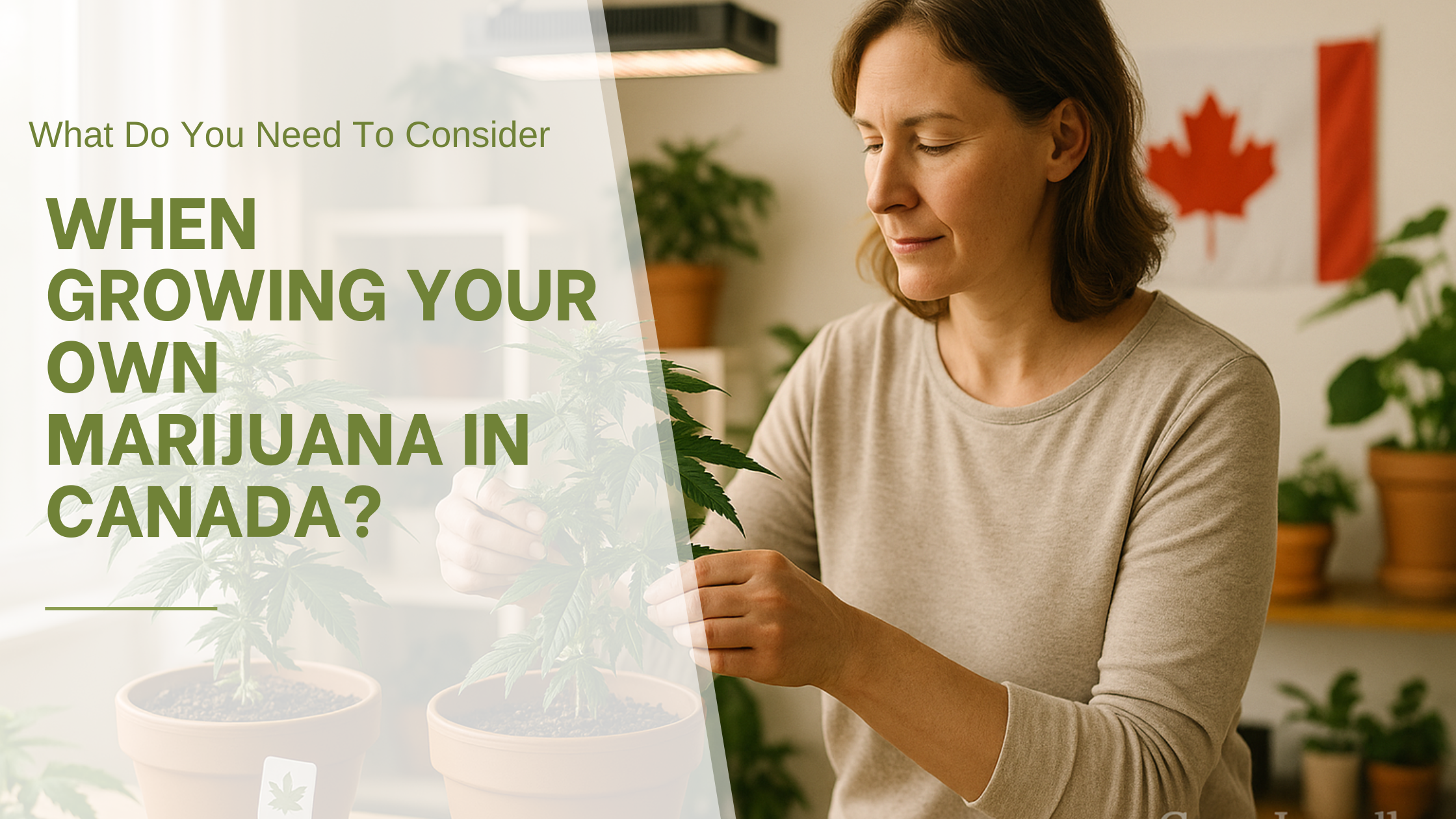


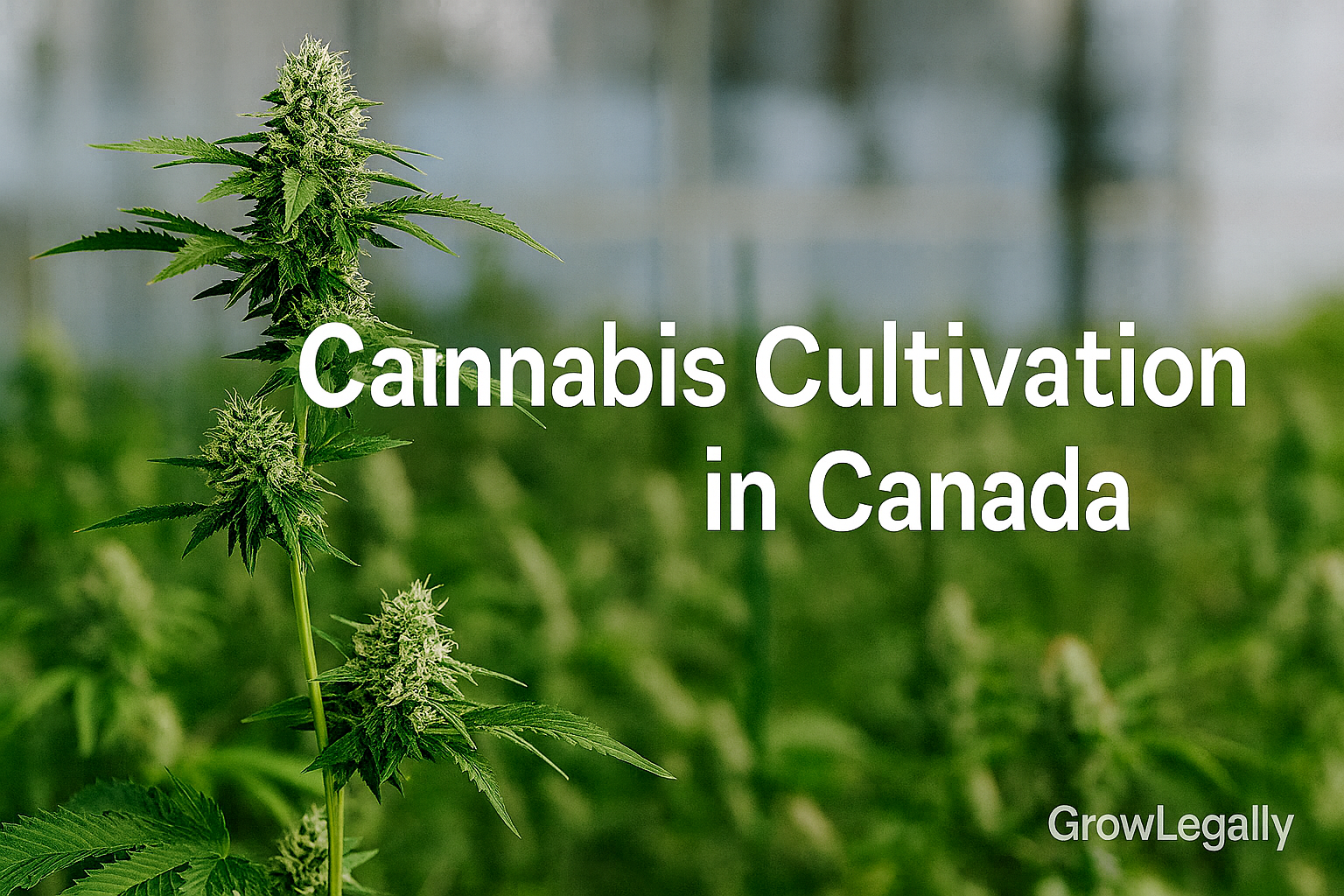
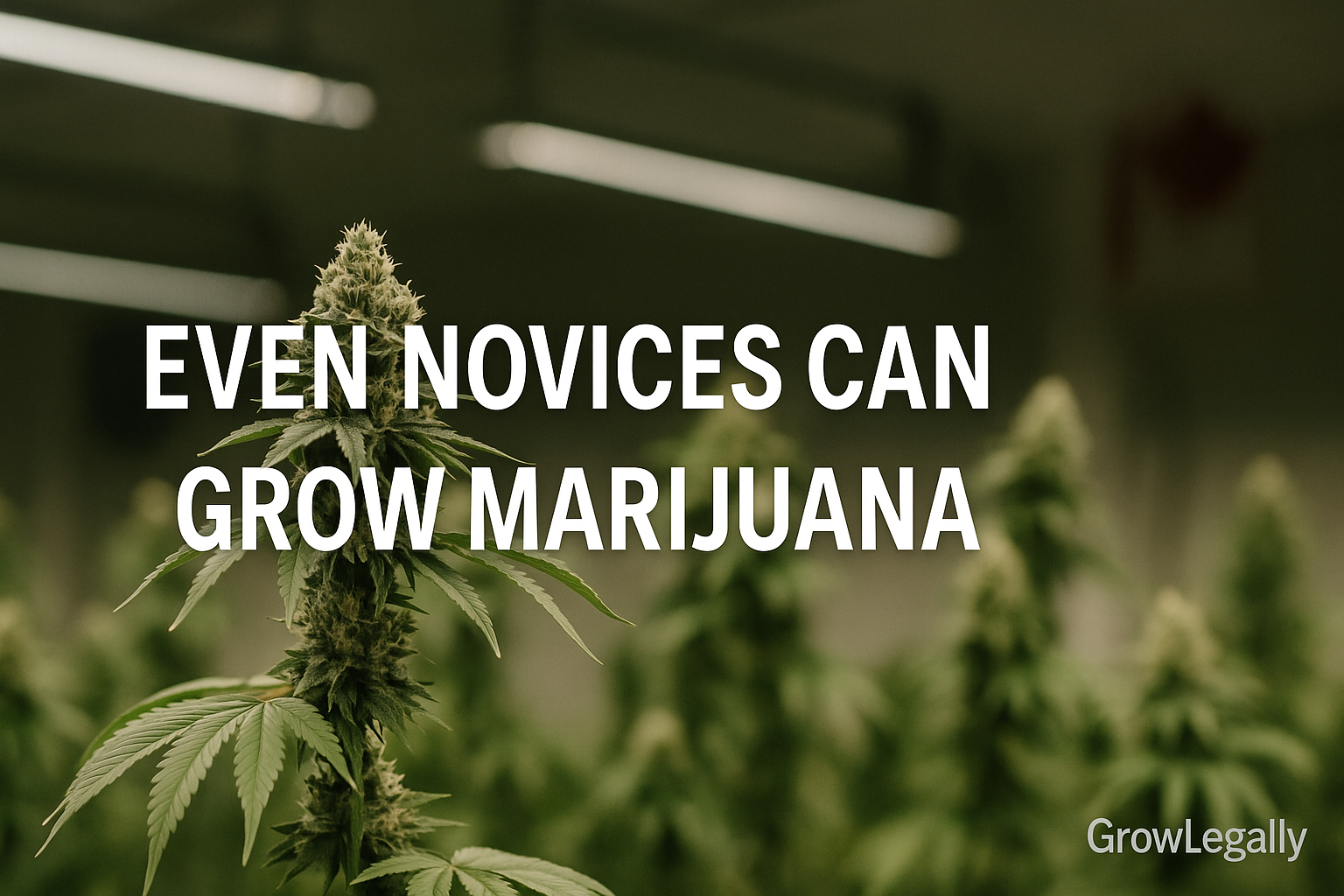


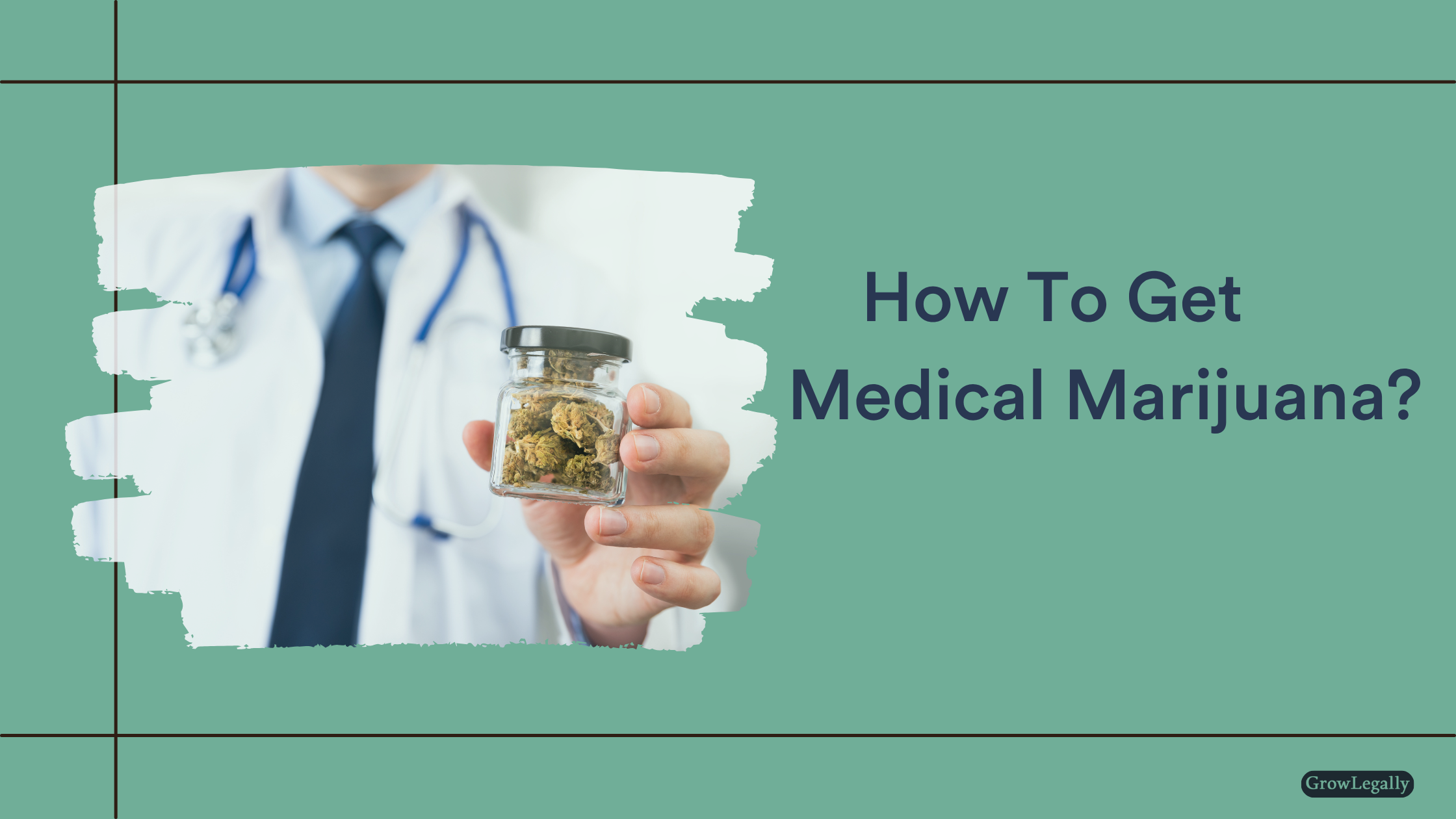

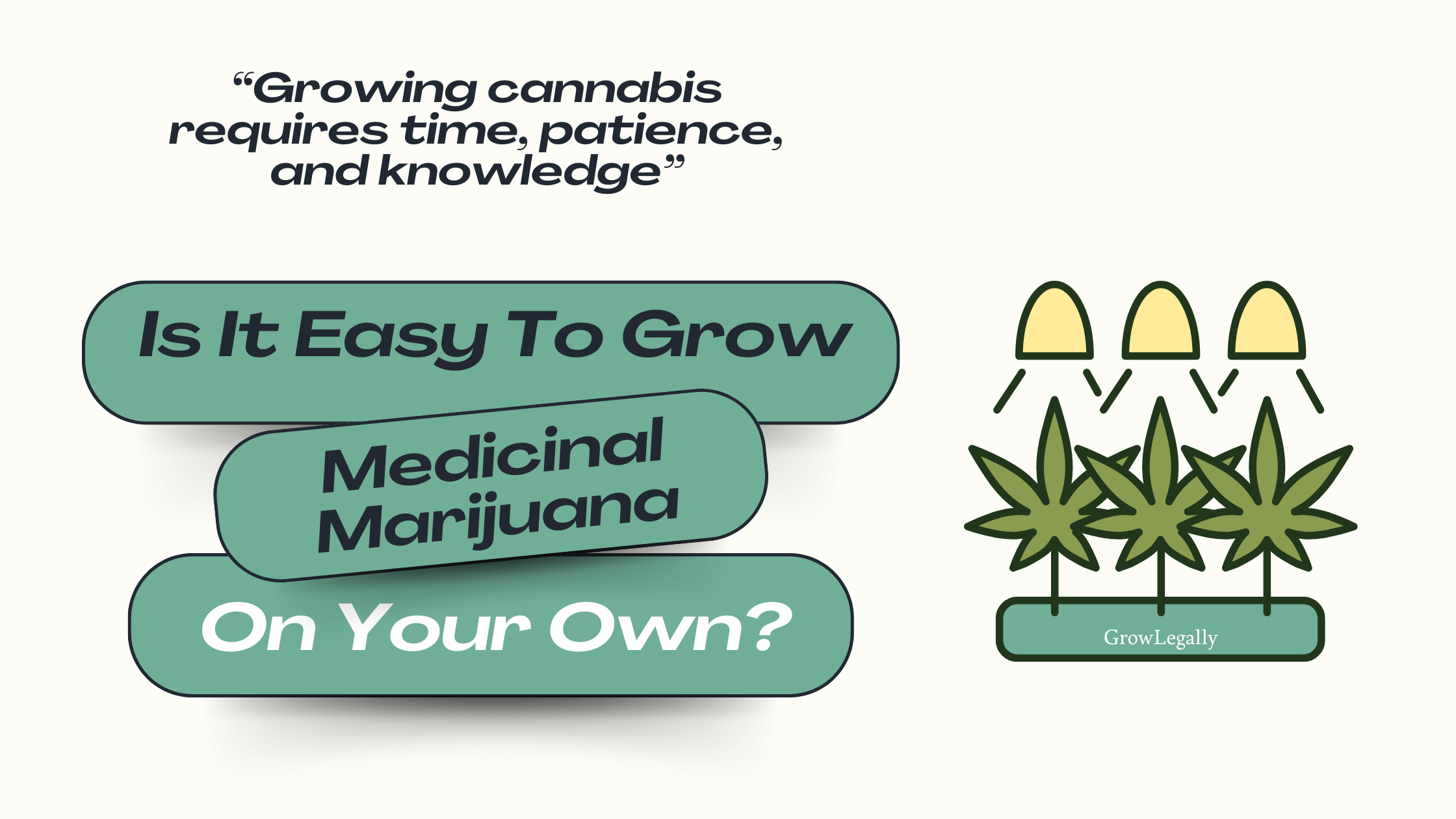






















.png)

















































.png)




























